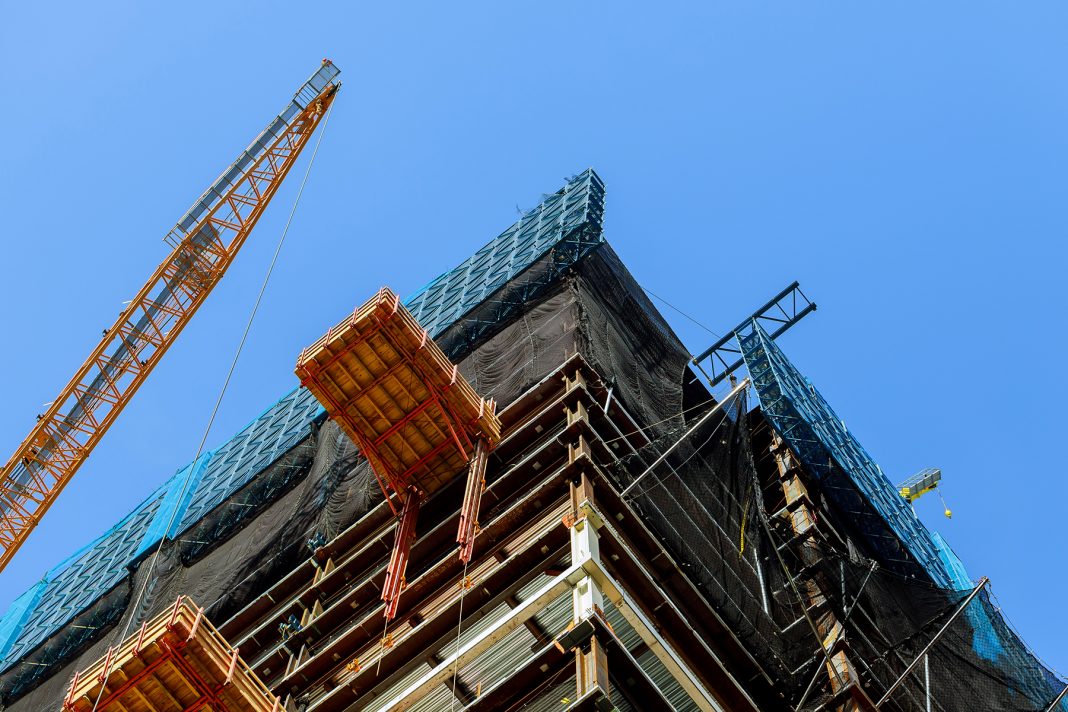Supplier delays and input cost inflation around the industry have begun to recede but housing activity fell for a third month in a row amid an overall picture of construction growth, according to the latest Purchasing Managers’ report from S&P Global.
The February survey points to the least widespread supplier delays since January 2020 while the overall rate of purchase price inflation was the lowest for 27 months.
Tim Moore, S&P Global economics director, said: “Business activity in the UK construction sector returned to growth during February as a rebound in commercial work and civil engineering output helped to compensate for housing market weakness. Some firms noted that fading recession fears and an improving global economic outlook had boosted client confidence in the commercial segment. At the same time, work on major infrastructure projects such as HS2 contributed to the expansion of civil engineering activity in February.
“Cutbacks to new house building projects remained the weak spot for construction sector activity, with total residential work falling for the third month running in February. Survey respondents often commented on subdued demand and a headwind from elevated interest rates.
“Construction companies appear increasingly confident about the year ahead business outlook, with optimism rebounding strongly from the lows seen in the final quarter of 2022. Softer inflationary pressures and the least widespread supplier delays for just over three years were factors supporting business expectations in February.”
Dr John Glen, Chief Economist at the Chartered Institute of Procurement & Supply, said: “The overall figure paints a bright picture of progress in the construction sector with a robust jump in output last month. Supply deliveries were at their most improved since January 2020 and some commentators mentioned sourcing closer to home to avoid logjams in supply chains caused by China’s Covid policy and the war in Ukraine.
“New order levels were also at their highest since November 2022 but these strong numbers belie the fact that there is uneven growth in building activity in the UK. Commercial and civil engineering projects dominated this performance with activity on projects such as HS2 and commercial builds. Residential building on the other hand was the odd one out with a third month in contraction as mortgages rates put a dampener on the number of house purchases and buyers were unwilling to commit.
“Builders themselves remained cheerful as optimism rose sharply and almost half of the survey’s respondents believed business would improve in 2023. With the slowest inflationary rises for raw materials since November 2020 this offered some relief, and it was cheaper transportation costs that helped offset salary and energy costs which were still rising.”












